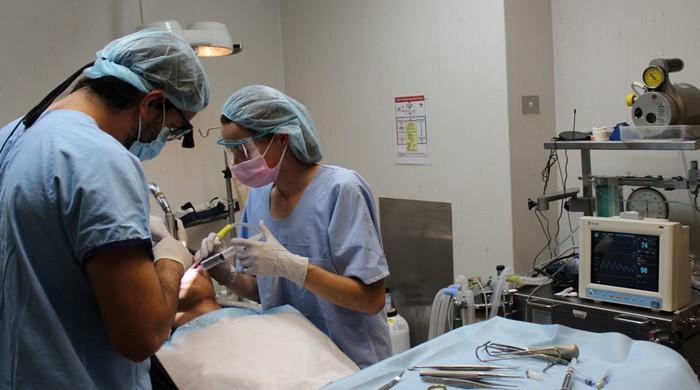A drug for Alzheimer's re-grows human teeth
January 12, 2017

Tooth-growing drug is the next big thing in dental surgery. It appears that the age of long fillings and other dental drills are over.
Researchers at King’s College published a study today in which it was stated that they’ve discovered a medicine that can prompt teeth to regrow over cavities or injuries. The study was published this week in Scientific Reports.
According to the research Alzheimer’s drug called Tideglusib had the side effect of encouraging dentin growth, which is the bony part of the tooth made of calcified tissue. It makes up most of the tooth, just above the pulp but under the hard enamel.
Due to its simplicity there are high chances that it could be used in a variety of dental settings and could be rolled out relatively easy, said study author Paul Sharpe, of King’s College London in a release.
Tideglusib, encourages tooth to generate more stem cells and grow dentin over the exposed area, according to the report.
In Alzheimer’s clinical trials, the medicine is taken orally and is thought to fight against dementia-causing mutations. It hones in on tau proteins, which are found in neurons and other parts of the body. When applied to teeth, Tideglusib stops a form of tau protein from doing its job—to stop dentin production in the tooth, when Tideglusib is applied to the injured spot on the tooth, it blocks the enzyme that usually stops dentin growth, glycogen synthase kinase (GSK-3), and the whole spot heals up by itself.
The King’s College researchers put the enzyme inhibitor on biodegradable collagen sponges, stuck them in subjects’ teeth where cavities had formed and found they healed up without the need for any drilling or filling.











